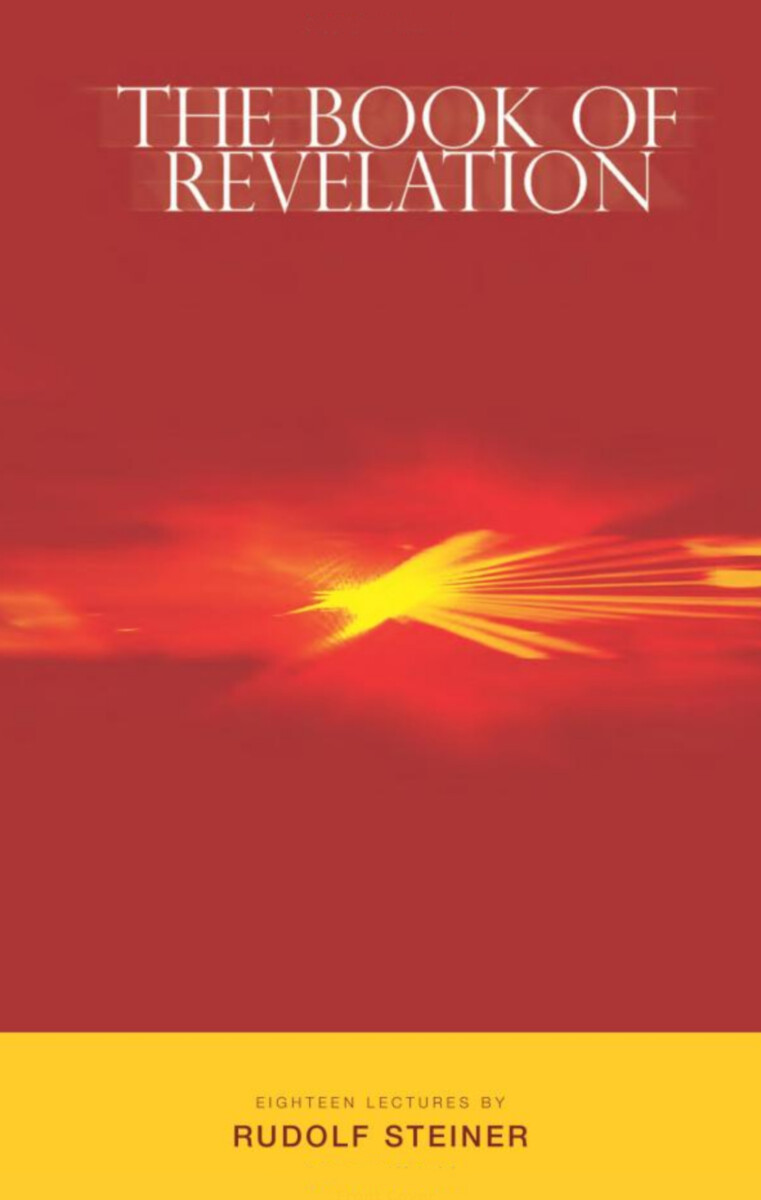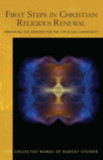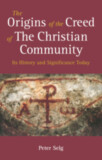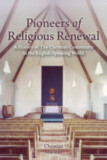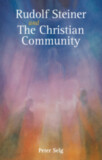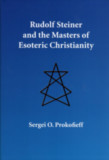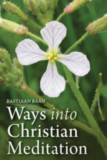The Book of Revelation
And the Work of the Priest (CW 346)
Introduction by René M. Querido
Contributions by Johannes Werner Klein
Translated by Johanna Collis
- Publisher
Rudolf Steiner Press - Published
1st April 1999 - ISBN 9781855840522
- Language English
- Pages 296 pp.
18 lectures & conversations with 57 priests, Dornach, Sept 5–22, 1924 (CW 346)
John's Book of Revelation, the Apocalypse, has been subjected to countless theological and academic interpretations over the years, usually based on theories and abstract speculations. Rudolf Steiner, however, discussed the Book of Revelation through direct experience and knowledge of the spiritual truths contained in John's mysterious imagery.
Rudolf Steiner had already presented his insights on the Apocalypse to various audiences, but in 1924 he presented a completely new perspective. This time, his comments were in response to requests from priests of The Christian Community, the movement for religious renewal, which itself had taken form on the basis of Steiner's insights.
This book will be of value to anyone who would like a fresh perspective on the most enigmatic book of the New Testament. Includes eight color plates of blackboard drawings.
This book is a translation from German of text reconstructed from notes taken by the participants, originally published as Vorträge und Kurse über christlich-religiöses Wirken, Bd.5, Apokalypse und Priesterwirken (GA 296).
Rudolf Steiner
Rudolf Steiner (b. Rudolf Joseph Lorenz Steiner, 1861–1925) was born in the small village of Kraljevec, Austro-Hungarian Empire (now in Croatia), where he grew up. As a young man, he lived in Weimar and Berlin, where he became a well-published scientific, literary, and philosophical scholar, known especially for his work with Goethe’s scientific writings. Steiner termed his spiritual philosophy anthroposophy, meaning “wisdom of the human being.” As an exceptionally developed seer, he based his work on direct knowledge and perception of spiritual dimensions. He initiated a modern, universal “spiritual science” that is accessible to anyone willing to exercise clear and unbiased thinking. From his spiritual investigations, Steiner provided suggestions for the renewal of numerous activities, including education (general and for special needs), agriculture, medicine, economics, architecture, science, philosophy, Christianity, and the arts. There are currently thousands of schools, clinics, farms, and initiatives in other fields that involve practical work based on the principles Steiner developed. His many published works feature his research into the spiritual nature of human beings, the evolution of the world and humanity, and methods for personal development. He wrote some thirty books and delivered more than six thousand lectures throughout much of Europe. In 1924, Steiner founded the General Anthroposophical Society, which today has branches around the world.


